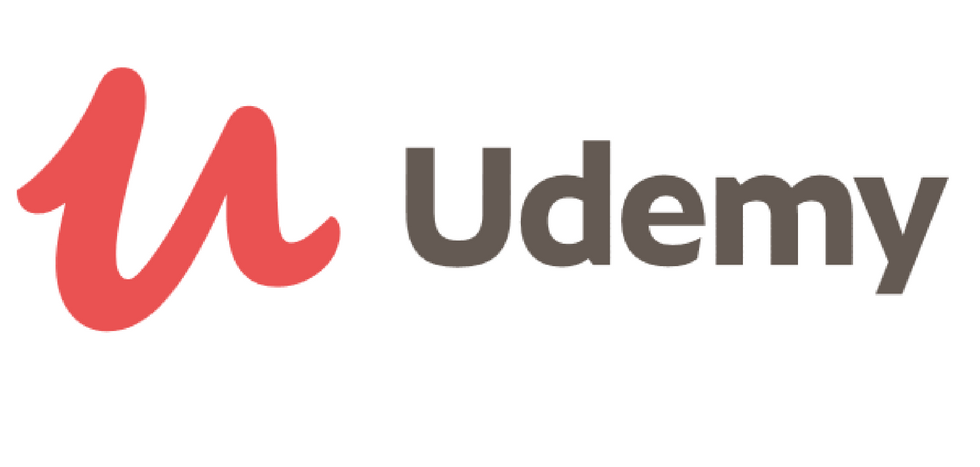As an aspiring linguist, I felt confined to the limited choices for courses at Monmouth University. What ultimately got me to start taking Udemy courses in my preferred languages was my discover that I can reference them on LinkedIn by providing links to the Certificates of Completion. The two languages I learned were Dutch and Catalan. I managed to purchase them when they each were at their discounted prices of $10.
Pronunciation in Dutch made me aware of the way English pronounces the letter "e" in specific areas of a word. In Dutch, the definite article for genderless words is het but is pronounced [hut]. The infinitive word leren which means "to learn" is sounded [LEE-run]. This makes me think about English words that have the "e" pronounced as [uh], like "-er" words such as anger [AYN-gur], steamer [STEE-mur], and walker [WAWL-kur]. This includes the English language's own definite article "the" [thuh]; whereas indicating emphasis on something would be [thee]. It is especially important to note that Dutch is a closely related sister-language of English and a lot of words were definitely intelligible to me. It is not a problem worth worrying about, but it is something I would have to keep in mind if I were to ever teach English as a foreign language.
Even though I was learning new languages, I was forced to readjust my English-language way of thinking. To speak a new language is to travel to another world of information. In Catalan, there are the phrases pel mati: "in the morning," per la tarda: "in the evening," and per la nuit: "in the night." The last phrase stood out to me, because I am always used to saying "at night," but then I started realizing that I was using "at," a preposition typically associated with location as in the sentence "The event was at the park;" yet I was using it to indicate a time of day.
There is also poetry embedded in languages. The word "verb" in Dutch is werkwoord which literally means "working word," which makes sense considering its function. Another Dutch word woordenschat refers to vocabulary but comes from the words "treasure of words."
The concept of future tense I thought was quite peculiar in these two languages. In Dutch and Catalan, although they come from different language families, they do share the same variance of future. In Dutch's future tenses, in one way there is the future tense that implies that the action is optional; while in the other the action is obligatory. In Catalan, there is a huge difference, by a single word a, between "go shopping" and "going to shop." English does use "will" as a future tense indicator, but its meaning other than that is not clear. Unlike those two languages, English speakers often have to include an adverb in order to tell whether the future tense is optional or obligatory, such as "I probably will go shopping" and "I most definitely will go shopping."
Communicating in the languages through LinkedIn invitations was the ultimate test in of itself, in order to see if I had proficiency. I made it known to myself that I would connect with three people who spoke each of the two languages, including the course instructors themselves. So far, the people who I invited said I wrote pretty good, but there were responses that I felt were literally lost in translation and I ended up clarifying what I said in English.
While I did notch my new language acquisitions on my LinkedIn profile, I only listed them as "elementary proficiency." I prefer doing this, because I am still referencing my notebooks for forming a sentence and Wiktionary for a word that was not taught to me, I do not have a community of speakers to whom I can communicate, and I still have not mastered the trilly "r's." If anything, I developed a basic understanding of all of them and if I were to pursue more in-depth studying, I could always rely on previous knowledge of them.
Originally, I thought Udemy and other MOOCs were just scams playing upon people's desire for self-knowledge; but now I have not regretted acquiring new languages and ultimately connecting with my Udemy leerkrachts on LinkedIn. What those courses offered me was a chance to learn new languages as well as my own.
I will end bilingually: Nog een prettige dag and Que vagi be.

















